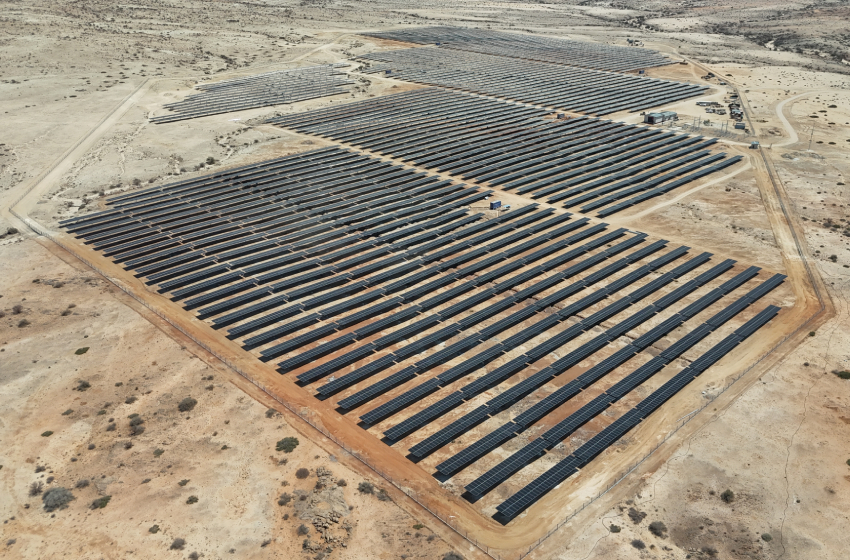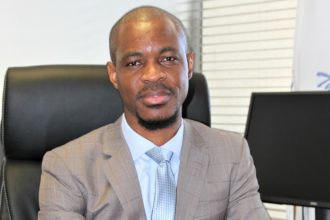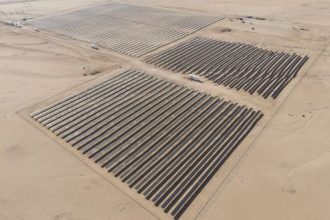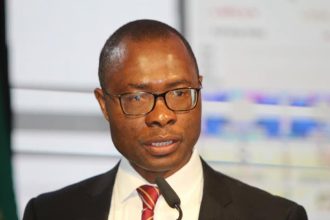There has been an increase in local generation from renewable energy plants over the past year, the Electricity Control Board (ECB) has noted.
To complement local generation, two plants have been added to the national grid in the 2024/2025 period, namely the Anixas II (58MW) and the Khan Solar PV (20MW).
“The two abovementioned plants are part of the 79 electricity generation licenses (excluding standby generators) that the ECB has issued, out of which 41 are operational and 38 are still under development. We hope that those licensees that have not yet commissioned their plants will do so soon; this will have a positive impact on end-consumer prices,” said ECB Chief Executive Officer Robert Kahimise.
To further improve the electricity supply situation, Government introduced the Modified Single Buyer (MSB) Market model, a unique Namibian market platform which allows private generators and contestable customers to transact electricity directly. There are seven (7) operational solar PV plants with a combined installed capacity of 28MW established under the MSB Model.
Kahimise said it is anticipated that about 93MW will be commissioned during 2025/2026 financial period, meaning that more electricity will be generated locally, hence reducing imports and overall cost of electricity.
“For the 2025/2026 period, it is projected that 53% of the national demand will be supplied by local generation, with the remaining 47% to be met with regional imports. The Ruacana Hydropower Plant remains the primary source of local generation, with performance dependent on the water flow of the Kunene River. Compared to other generation sources, electricity is generated relatively cheaply at the Ruacana Hydropower Plant. Therefore, less generation at Ruacana results in increased generation of power from expensive alternatives or imports at higher costs. Hydropower is generally considered a low-cost source of electricity,” said the ECB CEO.
During the period 2023/2024, Ruacana generation achieved one of its best productions in years, generating 2,067 GWh (Gigawatt-hour or one billion watt-hour) due to favourable water management and water flow conditions.
The ECB has, however, expressed concern over the country’s continued reliance on imports and supports efforts to address security of supply.
Kahimise said Namibia thus needs to urgently develop a Base Load Power Plant that will stabilise and enhance security of supply and result in cheaper locally generated electricity than imports.
“Baseload power is reliable minimum amount of electricity supplied, or consistently required, to meet demand over a long period, typically 24 hours. Government’s financial support towards capital investments, for such a plant, as opposed to funding operational activities of licensees, will thus be a sustainable way of addressing reliability and affordability in the long run. Investments towards a baseload plant must be accompanied by other investments in strengthening transmission infrastructure, to unlock local generation capacity, and export potential,” said Kahimise.
The ECB noted that the stable supply of electricity is critical for economic growth and development. Electricity generation, transmission and distribution comes at variable costs, which must be reviewed regularly in order to provide predictability, availability and stability in the market. “While we are cognizant of the impact of any tariff increase on the end consumers, a zero tariff increase has unintended consequences: deterioration of infrastructure without the necessary and continual refurbishment and renewal, which will lead to an unstable grid, damage to equipment and blackouts. These, in turn, will lead to financial and economic losses, and poor economic performance, thus an unfavourable investment environment for citizens and other interested parties,” said the ECB chief.






